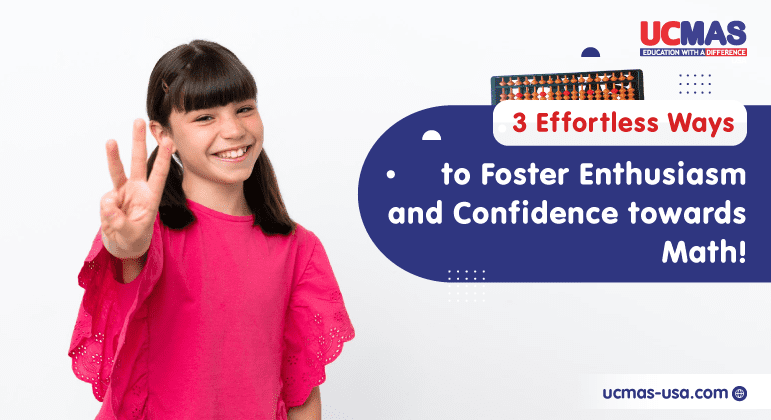For many kids, math isn’t the most thrilling subject, but there are effortless approaches to spark their interest and cultivate a genuine love for mathematics. Discover why parents are turning to Blended Learning to enhance their children’s mathematical journey.
Abacus: Where Math Becomes Clear
The abacus has a unique quality that makes math comprehensible. It provides children with a concrete understanding of numbers and the reasoning behind mathematical solutions. Abstract concepts often baffle young minds, and research from University College London indicates that children may struggle with abstract ideas until around the age of 9 or 10. During these critical early years of education, relying solely on memorization can limit their true grasp of mathematics. Abacus math activities, however, bridge this gap by allowing children to make sense of numbers.
Abacus students not only compute answers but also understand why those answers are correct. This clarity equips them to identify and rectify errors, fostering an eagerness to learn new concepts.
1. Building Math Confidence
Abacus mental math training instills confidence in students, making their school math journey smoother and more enjoyable. The difference between children who have received mental math abacus training and those who haven’t is truly remarkable. Teachers often notice not only improved mathematical abilities but also a shift in how these students approach math problems.
2. Memory Enhancement Through Abacus
Many seasoned educators have observed that students frequently review math concepts immediately before exams only to forget them afterwards. However, abacus mental math training addresses this issue by reinforcing memory in two significant ways.
First, students no longer need to memorize arithmetic answers or solution steps because they consistently follow the same process.
Second, the abacus provides a concrete visual representation of problem-solving, enhancing students’ understanding of how numbers and problems interact. As a result, they no longer rely on short-term memory for solutions. Instead, they store their skills in long-term memory, readily accessible whenever needed.
Unlike non-abacus students who often forget math concepts after exams, abacus students retain their knowledge, reducing memory-related stress.
3. Abacus for Lifelong Learning
Another common issue highlighted by educators is the transition from hands-on math manipulation in younger grades to abstract calculations as numbers grow larger. However, the abacus uniquely supports students as they tackle increasingly complex numbers throughout their academic journey.
The ability to visualize numbers remains a valuable skill, especially as students confront larger numerical challenges. Manipulating physical objects like blocks or pennies becomes impractical, but the abacus remains a powerful tool for handling bigger numbers.
Furthermore, abacus-trained students excel in higher-level math, including word problems, algebra, fractions, geometry, and ratios. This versatile tool is the key to mathematical success.
These 3 advantages only scratch the surface of abacus education’s benefits. The confidence and enthusiasm it instills in children are invaluable and last a lifetime.
Within just a few weeks of mental math abacus learning, we’ve witnessed remarkable transformations in toddlers, as they gain an understanding of math that often surpasses high school levels. Don’t wait until high school; the benefits of the abacus continue throughout a child’s life, opening doors to countless opportunities. Unlock your child’s potential today with early math activities at UCMAS!


